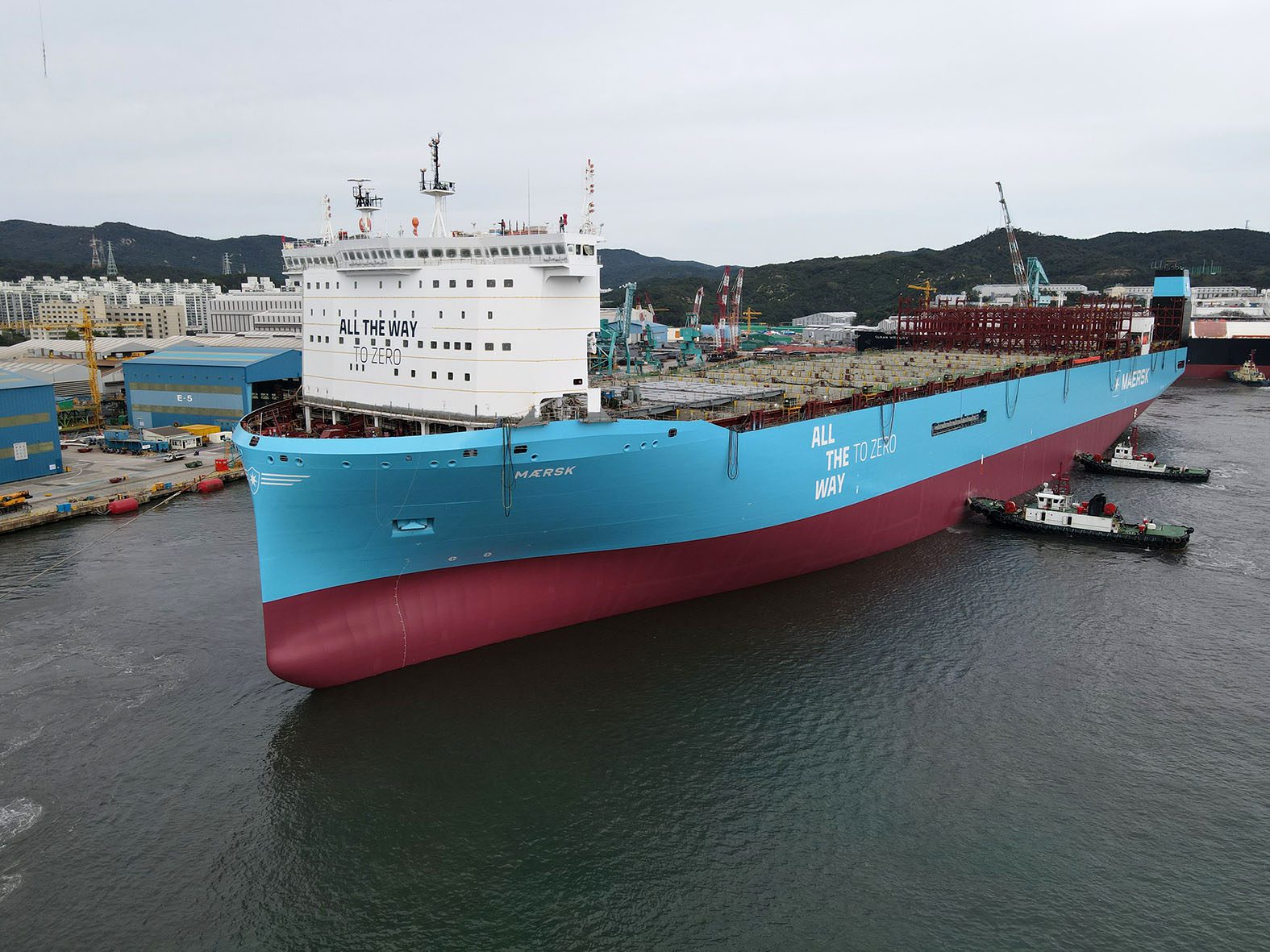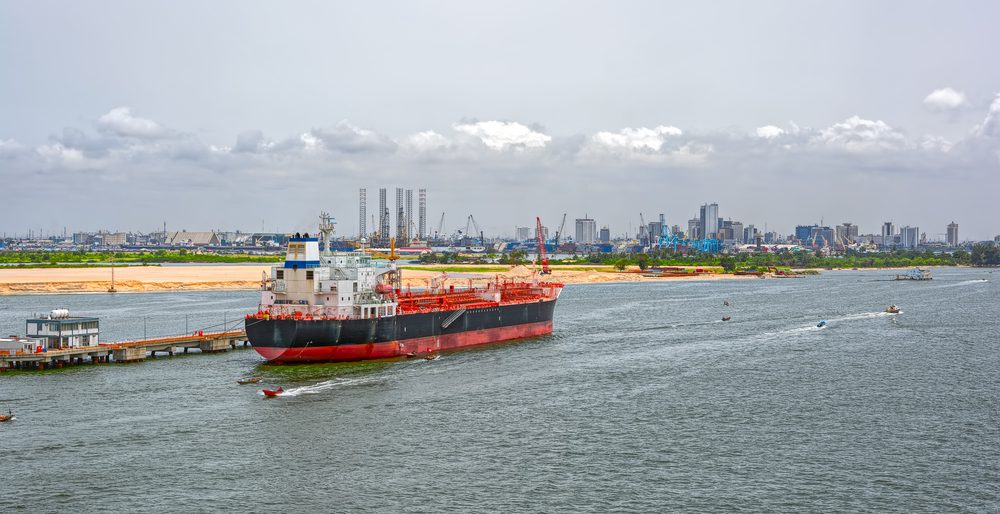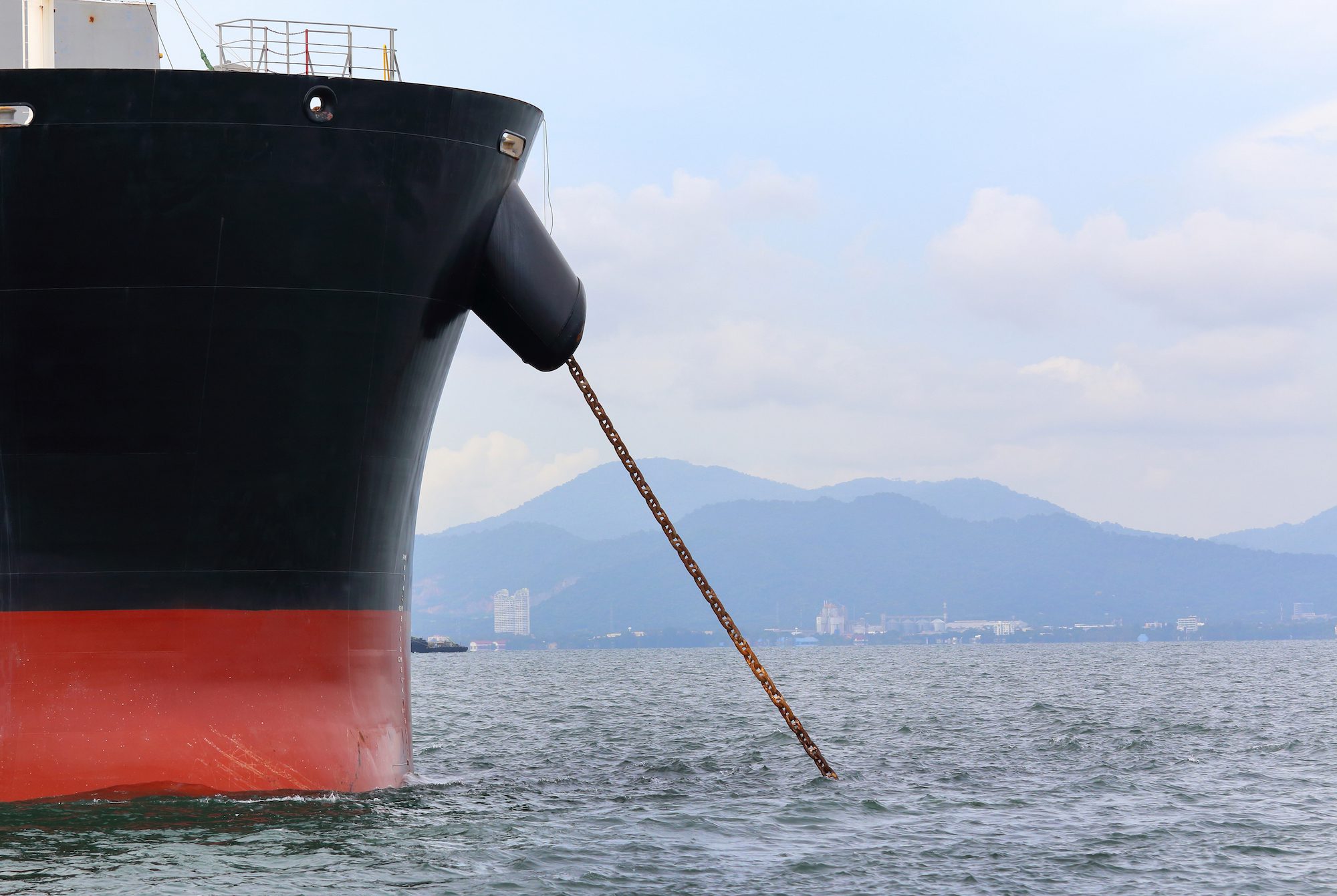Methanol surpassed liquefied natural gas (LNG) as the preferred alternative fuel choice for newbuild vessels in 2023, marking a significant milestone in the shipping industry’s efforts to decarbonize.
According to the latest data from DNV’s Alternative Fuels Insight (AFI) platform, a total of 298 ships with alternative fuel propulsion were ordered in 2023 out of 1,281 total orders, marking an 8% increase compared to the previous year.
The rise of methanol as a mainstream fuel option was evident with a substantial increase in orders, narrowly edging out LNG with 138 orders compared to 130.
Ammonia also made significant progress in 2023, with 11 vessel orders during the year and more expected in the future.
This shift highlights the growing demand for cleaner fuel alternatives in response to the need for reducing greenhouse gas emissions, driven by stricter targets set by the International Maritime Organization (IMO) in July 2023.
“As we navigate towards a greener maritime future, the growing demand for alternative-fueled vessels speaks volumes,” said Knut Ørbeck-Nilssen, CEO Maritime at DNV. “These orders send pivotal signals to fuel providers and other important partners on shipping’s decarbonization journey. While it is clear that the maritime fuel technology transition is already underway, we now need to ensure the fuels powering these engines become available.”
The 138 ships ordered with methanol fuel propulsion in 2023 (excluding methanol carriers) marked substantial increase compared to the 35 orders placed in 2022. Containerships accounted for the majority of methanol-fueled vessels (106), followed by bulk carriers (13) and car carriers (10).
LNG remained a popular alternative fuel choice despite a decrease in orders, with 130 vessels ordered in 2023 compared to 222 in the previous year. However, when considering newbuilds alone, LNG takes the lead as a considerable number of methanol orders were for retrofits. The importance of LNG in the maritime energy transition is also evident as it surpassed the milestone of 1,000 vessels (excluding LNG carriers) in 2023. Among the segments, containers had the highest number of LNG orders (48), followed by car carriers (40) and tankers (30).
2023 also witnessed the first orders for vessels powered by ammonia (11), while hydrogen saw a decrease in popularity compared to the previous year (18), with only five orders placed.
Martin Wold, Principal Consultant in DNV’s Maritime Advisory business, stated: “Investments in alternative-fueled vessels have been heavily driven by the container and car carrier newbuild boom over the last three years. It remains to be seen if this trend continues into 2024.”

 Join The Club
Join The Club











